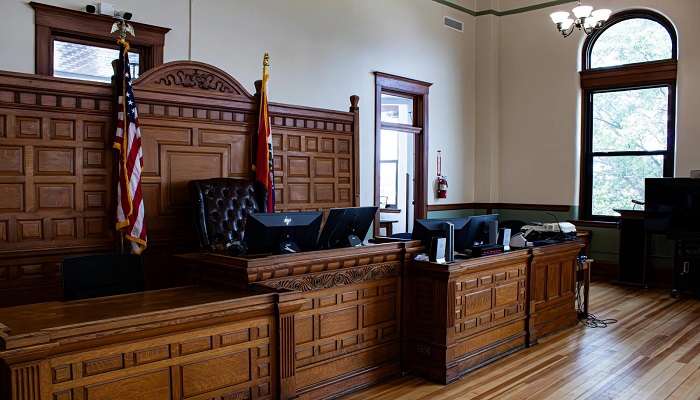The criminal justice system is a structured process that ensures fairness and accountability when addressing crimes.
It involves several key participants who each play essential criminal justice system roles. These parties ensure the legal process is followed from start to finish, whether the case involves minor offenses or more serious charges.
Understanding the roles of the parties involved in a criminal process can help individuals navigate the system effectively, especially with the help of experts like expert defense lawyers.
The Prosecutor: Representing the State
The prosecutor is the legal representative of the government or state in criminal cases. Their primary role is to prove that the accused committed the crime beyond reasonable doubt. They review evidence, prepare cases, and present arguments in court. Prosecutors negotiate plea bargains. They can reduce penalties for the accused.
The Defense Attorney: Advocating for the Accused
The defense attorney represents the individual accused of committing a crime. Their goal is to ensure the defendant receives a fair trial and that their rights are protected. Defense attorneys challenge the prosecution’s evidence and cross-examine witnesses.
For example, trespassing defense lawyers specialize in defending individuals accused of trespassing. They analyze the specifics of the case, such as intent and evidence, to build a strong defense.
The Judge: Ensuring Fairness and Legality
The judge serves as a neutral party who oversees the trial and ensures that the proceedings follow the law. Judges rule on motions, provide instructions to the jury, and determine sentencing when a defendant is found guilty.
In cases without a jury, the judge also decides the verdict based on the evidence presented. Their role is critical in maintaining order and fairness throughout the criminal process.
The Jury: Determining Guilt or Innocence
In cases where a jury is involved, these individuals decide the outcome of the trial. The jury is made up of citizens who are tasked with evaluating the evidence and determining whether the prosecution has met its burden of proof.
Jurors must remain impartial and base their decisions solely on the facts presented during the trial. Their role ensures that community members have a voice in the justice system.
The Police: Investigating and Enforcing the Law
Police officers are often the first point of contact in the criminal process. They investigate crimes, gather evidence, and arrest individuals suspected of illegal activities. Their role is crucial in building a case that prosecutors and defense attorneys will later address in court.
The Victim: Seeking Justice
The victim of a crime plays a significant role in the criminal process. They provide testimony, evidence, and insights that help prosecutors build their case. While the state represents the victim in court, their participation is vital in shedding light on how the crime occurred and its impact.
The Defendant: At the Center of the Process
The defendant is the individual accused of committing a crime. They have the right to legal representation, a fair trial, and the presumption of innocence until proven guilty. Defendants work with their defense attorneys to challenge the accusations against them.
The Importance of the Parties Involved in a Criminal Process
The parties involved in a criminal process each serve unique and essential roles in ensuring justice is upheld. From the police who investigate crimes to the judges and juries who deliver verdicts, these roles work together. They balance fairness and accountability.
For defendants, experienced professionals can help. Defense lawyers can make navigating this complex system easier. Ultimately, a well-functioning criminal justice system relies on the cooperation and expertise of all legal parties involved.
Want more? Let us guide you through your next steps!

